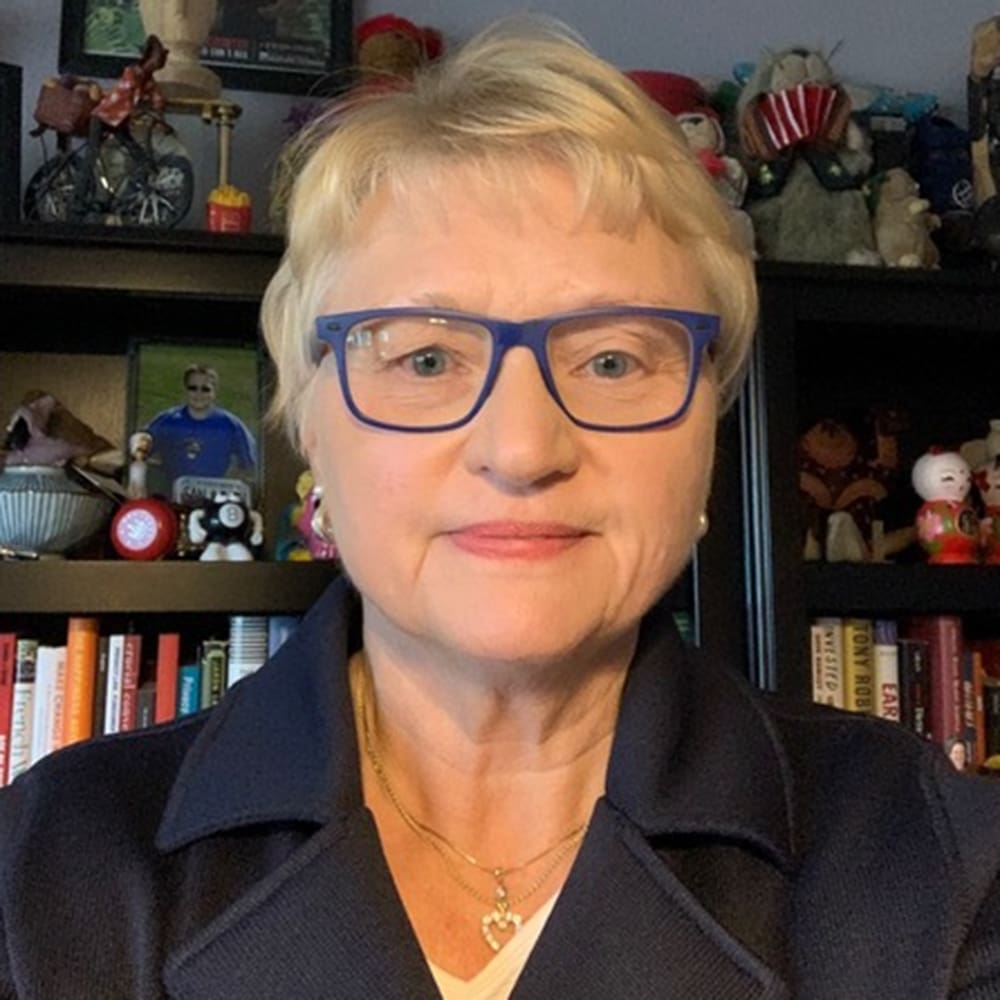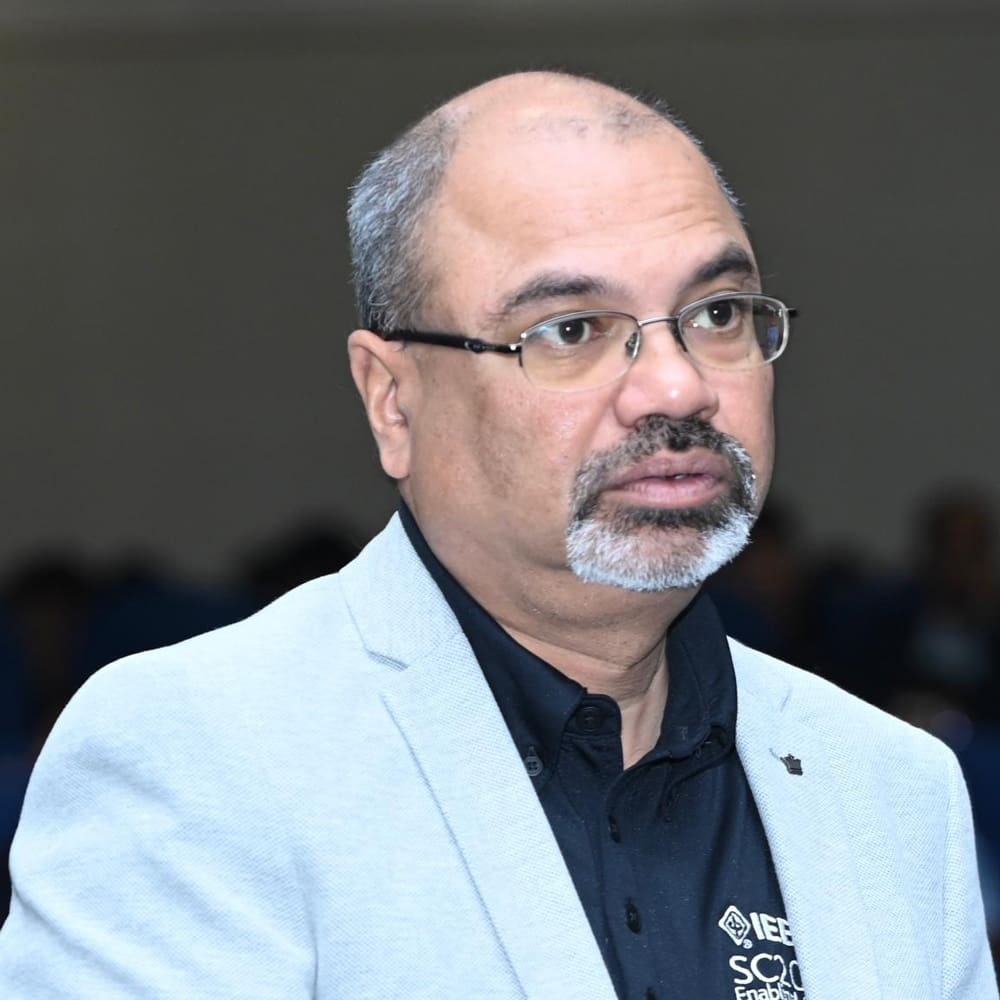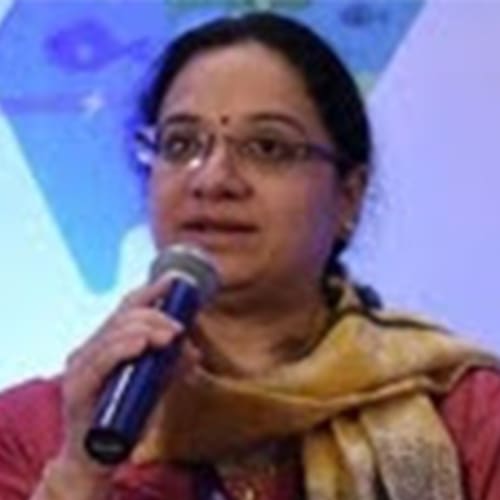This workshop explores a science-based, interdisciplinary approach to water access, combining engineering, environmental science, data, and community-based practices to deliver innovative, resilient, and scalable solutions. Discussion will show how advances in access to clean water and electricity in rural and underserved communities are supporting the United Nations Sustainable Development Goals (SDGs). Participants will learn how the application of standards-based technologies can drive measurable impact, enhance resilience, and support sustainable development.
Clean water access is vital for the health, well-being, and economic development of rural communities in developing nations. However, challenges like limited infrastructure, resource constraints, and energy scarcity continue to hinder progress. Access to clean water is a critical enabler of public health and economic development in rural communities. Despite its importance, over 2 billion people globally still lack safely managed drinking water services. The disparity is particularly acute in rural areas where infrastructure is limited, resources are scarce, and climatic challenges are exacerbating water insecurity. Technology can accelerate progress, but only if solutions are interoperable, scalable, and sustainable. Using a clean water project in the Himalayas as an example of what can be accomplished through a multidisciplinary approach, this workshop explores how the impact of deforestation and development has adversely affected the springs in Himalayan rural communities.
The Himalayan range is one of the most unstable and fragile mountain areas in the world. Environmental degradation reduces available resources. Deforestation and loss of vegetation have led to severe water challenges, as groundwater is only available in the form of natural springs. Climate change and increases in temperature contribute to reduced water resources, thus making water availability and access to support the people and the industry in the region a challenge. Addressing this challenge requires a multidisciplinary collaboration between engineers, environmental scientists, data analysts, and community-based practices to deliver a scalable, sustainable, and technology-driven clean water solution for the Himalayas.
Access to clean water is fundamental to life and a cornerstone of sustainable development. The discussion will examine how deforestation and development have adversely affected the springs in the Himalayas impacting rural communities. These rural areas are disproportionately affected by water scarcity and contamination due to poor infrastructure, and environmental degradation, including identification of constraints that prevent effective delivery of rural clean water services.
This interactive workshop will:
- Examine how deforestation and development have adversely affected the springs in the Himalayas, impacting rural communities
- Provide a grounded understanding of the systemic barriers to clean water, particularly the climate change impact on the rural communities in the Himalayas
- Explore the urgent global challenge of clean water access in rural communities
- Look at the interdependency between energy and water, and the opportunities to develop new approaches addressing water use and electric power generation
Speakers
Agenda
- 1 MinuteSession Opening
Karen Mulberry - 5 MinutesWelcome and Speaker Introduction
Sri Chandrasekaran, Moderator - 7 MinutesOpening Remarks: Introduction and background on rural clean water access
Harshita Jain - 7 MinutesAbundant Yet Scarce: The Himalayan Water Paradox
Dr. Vishal Singh - 7 MinutesBeyond the Tap: Weaving Clean Water into India’s Food, Land, and Water Policies for a Sustainable Future
Dr. Suparana Katyaini - 7 MinutesApplying Water Resource Evaluation Tool for source sustainability
Shilpa Nischal - 7 MinutesIEEE Affordable Agriculture program and PIC Project Jal Mulya
Dinanath Kholkar - 7 MinutesNext Steps – Energy Water Nexus
Mark Siira - 30 MinutesQuestion and Answer Session
Sri Chandrasekaran & Speakers - 5 MinutesClosing Remarks and summary of Key Outcomes from the discussion
Karen Mulberry
Join us at Powering Progress: Access to Clean Water
Don’t miss this virtual workshop on 16 September 2025, exploring science-based solutions and the application of standards-based technologies to help address clean water access in rural and underserved communities.









